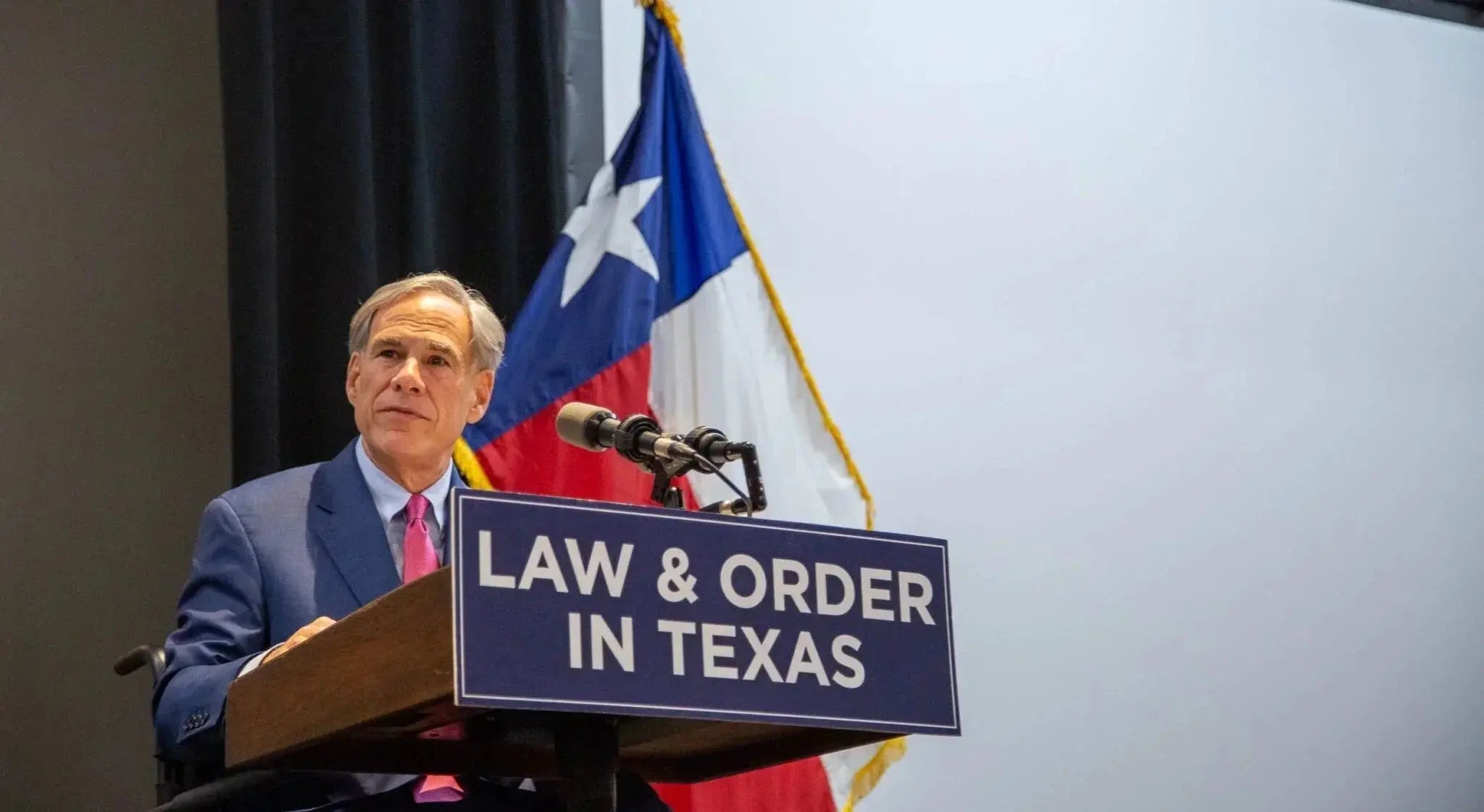Written By: Justin Scott | Last Updated: Aug 28 2025 | Category: Bail
SB 9 Bail Reform in Texas: What It Means for Bail Agencies

In June 2025, the Texas Legislature passed Senate Bill 9 (SB 9), with Governor Greg Abbott signing it into law on June 16. The law takes effect September 1, 2025, and it represents the most significant change to bail procedures we have seen in years. Every bail agency across the state needs to understand the requirements and prepare for what this will mean in daily operations.
First, SB 9 limits who may be released on a personal recognizance bond. Individuals charged with violent crimes or repeat offenders will no longer be eligible for cashless release. This directly affects bail agencies, as more defendants will now require secured bonds if they want to be released. For agencies, this creates both an opportunity and a responsibility: an opportunity to serve more clients, and a responsibility to ensure that every bond written is properly managed.
Another important change is that bail decisions in serious cases can no longer be reduced or modified by appointed magistrates. Only elected district judges have that authority under SB 9. This will likely slow down the bond-setting process in some counties and increase the need for agencies to be ready with accurate paperwork, clear communication, and a willingness to adapt to longer timelines.
Perhaps the most technical shift comes with the Public Safety Report System (PSRS). SB 9 requires magistrates to use PSRS in all felony cases. This system generates reports that include a defendant’s criminal history, prior failures to appear, pending charges, and other risk indicators. Judges must consult the PSRS before setting bail, and if they choose to depart from its guidance, they are required to put their reasons in writing. For bail agents, this means that the PSRS will influence almost every felony bond written in Texas. Agencies need to be familiar with the kinds of information PSRS highlights, and be ready to show courts how their clients can meet conditions of release responsibly.
Finally, SB 9 places new rules on charitable bail organizations. They must register with the state, disclose their sources of funding, and report quarterly on their activities. Sheriffs and courts can suspend them for noncompliance. This is intended to create more oversight and transparency, and it underscores the professionalism required of licensed bail agents.
The bottom line is that SB 9 changes how bonds are written, how decisions are made, and how defendants are evaluated before release. Bail agencies that stay informed, maintain strong recordkeeping, and ensure full compliance will not only adapt but stand out as trusted partners in this new environment.

The passage of SB 9 has raised a clear question across the Texas bail industry: how will agencies adjust to stricter bail laws, new PSRS requirements, and tighter reporting rules? At Captira, we focus on these issues because our platform was built to support bail agents through change. Our software streamlines compliance, simplifies reporting, and works seamlessly with any surety. That means agencies avoid disruption when legislation shifts and never risk being tied to a single carrier or system. Captira gives bail professionals confidence that their business will stay compliant, efficient, and ready for whatever the industry brings next.



